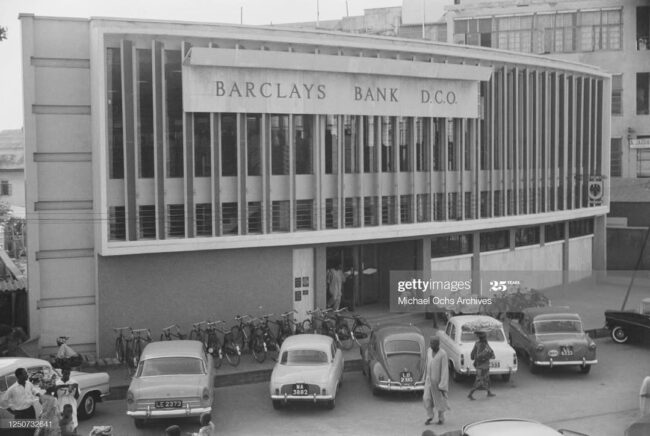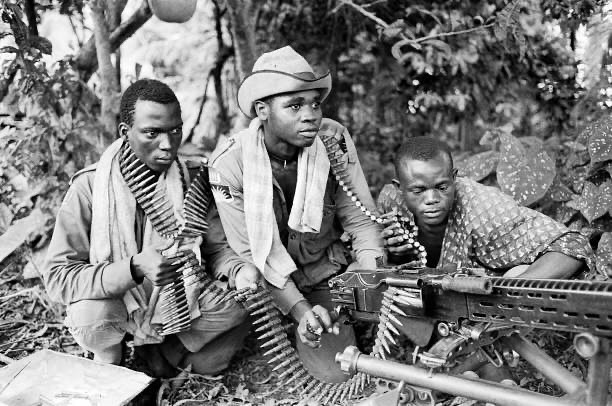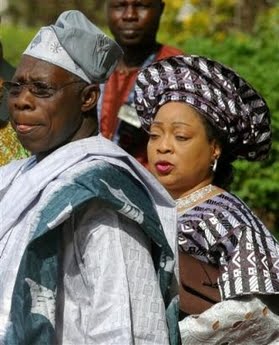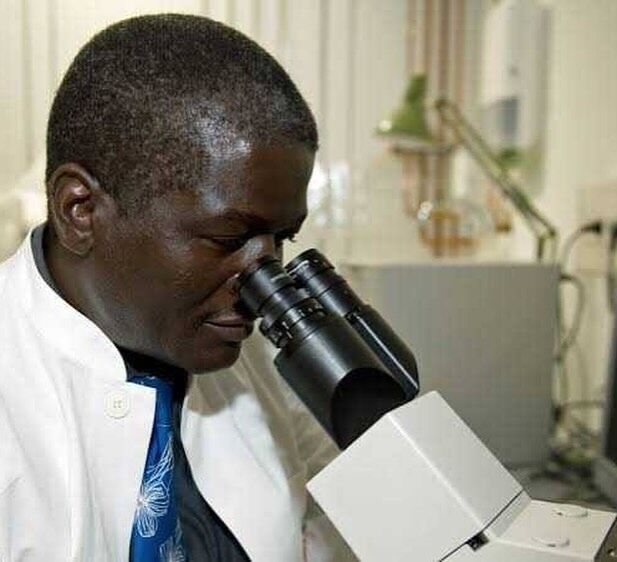Establishment of the Second Nigerian Bank Known as Barclays Bank
The Bank of British West Africa, Nigeria’s first bank, was founded in 1894 with the intention of serving British colonial administrations and trading companies by offering banking services. Alfred Jones, a shipping tycoon, owned this bank. His shipping line had controlled the British West Africa shipping market until 1926, when Barclays Bank was founded. Up until the early 1930s, these two British banks controlled the majority of banking activities in Nigeria. Their initiatives in Lagos strengthened trade and solidified the transition to a modern economy. Since they offered little or no loans to Lagos residents, they discouraged local entrepreneurship, and the majority of applicants who were approved by the banks were foreigners. The National Bank of Nigeria’s founding in Lagos in 1933 paved the way for the development of more domestic banks. In 1945, the Agbonmagbe Bank (now known as WEMA Bank) was founded. Other banks were drawn to the banking industry, including the Nigerian Farmers and Commercial Bank in 1947, the African Continental Bank in 1948, and numerous more. Despite the negative consequences of the Banking Ordinance of 1952, which mandated a minimum paid-up capital of 12,500 pounds, the Western Region’s government began to support local banks in the late 1950s. The previous colonial monetary system came to an end with the founding of the Central Bank of Nigeria.




